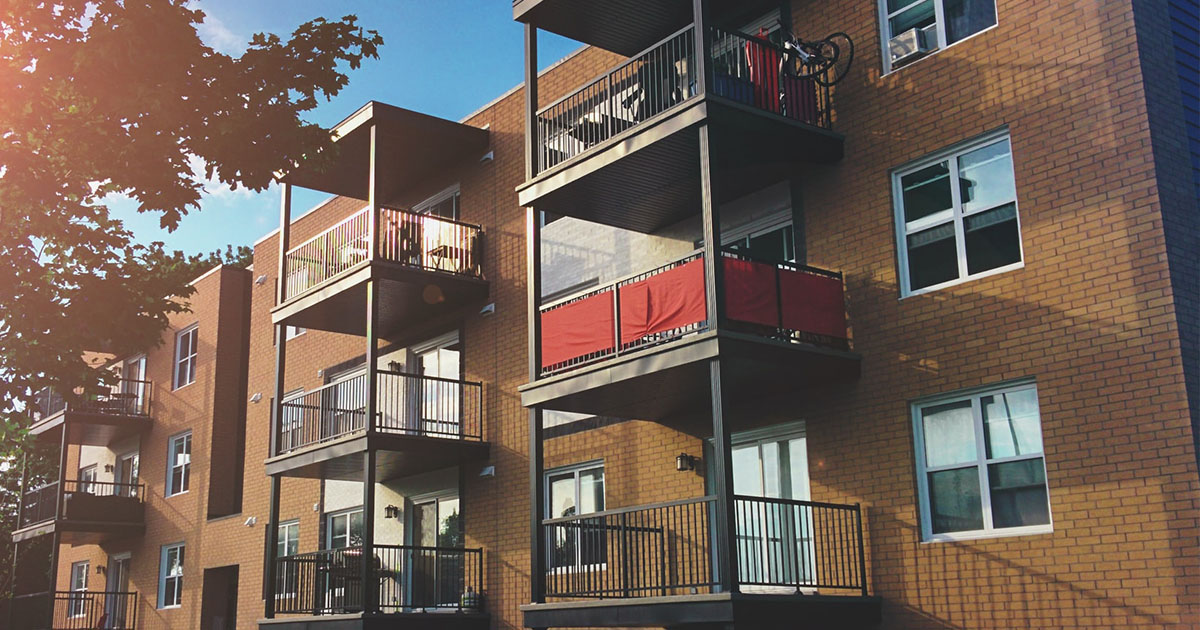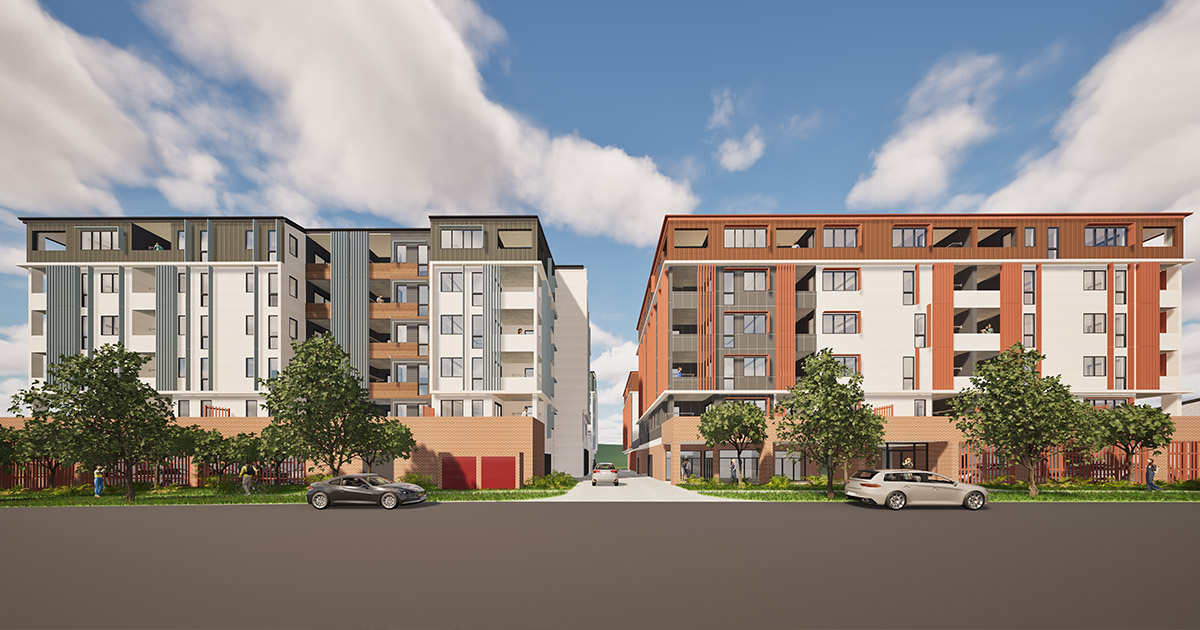1 in 6 young people in Australia have experienced homelessness
- Details
Released today, Mission Australia’s Staying home: A Youth Survey report on young people’s experience of homelessness says one in six (17.1%) young people aged 15 to 19 who responded to Mission Australia’s Youth Survey 2019 have been homeless. This included those who had experienced homelessness with or without their families, and had experienced time without a fixed address, lived in a refuge or transitional accommodation and/or had spent time couch surfing.
Of the young people who reported couch surfing (13.0%), almost one in five (18.8%) said that they had first done so when they were under the age of 12. Many had couch surfed more than once, with a small but important minority staying away for longer than six months, putting them on the path to longer term homelessness without an intervention.
Young people who had been homeless were twice as likely as those who hadn’t faced homelessness to have been bullied in the past year (39.7% vs. 16.7%). They were also twice as likely to report psychological distress (51.7% vs. 21.1%). Alarmingly, respondents who had been homeless were almost four times more likely to feel very sad/sad with life as a whole when compared to their peers who had never been homeless (27.2% vs. 7.2%). They were also more likely to express personal concerns about family conflict, mental health, financial security, suicide and coping with stress.
For young people who had been homeless, they were more likely to identify barriers to achieving their study or work goals (67.8% vs. 44.8%), notably financial difficulty (20.9% vs. 10.7%), family responsibilities (16.5% vs. 6.4%) and lack of family support (12.1% vs. 2.4%).
Mission Australia CEO, James Toomey said: “This report not only shines a spotlight on the magnitude of child and youth homelessness here in Australia, but also gives us a clearer understanding of how the experience of homelessness unfairly chips away at these young people’s lives, their wellbeing and their futures.
Through our Youth Survey 2019, young people who have been homeless told us they’re facing a great deal of stress and mental health concerns. They’re experiencing dangerous levels of bullying, lower levels of happiness, and they’re facing seemingly insurmountable barriers as they move into their adult lives.
“This cannot be accepted as just the way things are. We can and must take action to make real and lasting change and commit to ending youth homelessness in our country.
“If we stand idle, too many young people will continue to be pushed into homelessness and will be on the back-foot as they transition to adulthood. Many will miss out on vital education and employment opportunities as they shift from one inadequate and temporary dwelling to another.
“Without the stability of a safe place to call home, these young people are facing the torment of bullying, mental health concerns and ongoing family conflict. Particularly for children and young people, homelessness can be an isolating, destabilising and often traumatic experience.”
In response to the findings, Mission Australia says more must be done to improve the wellbeing and address the concerns raised by young people who are homeless or who have experienced homelessness. The charity is also calling for more action to end youth homelessness in consultation and in collaboration with young people who have experienced homelessness and the sector.
Mr Toomey said: “Ultimately, early intervention is key to ensuring these young people don’t continue on a path of homelessness. We urge governments to do everything it takes so that young people can avoid homelessness, or move quickly out of homelessness if it does occur, so they are adequately supported to thrive now, and into their futures.
“It’s also vital that young people with lived experience are at the centre of design and implementation of services intended to meet their needs and that services cater to the diverse experiences of young people.
Our experience of COVID-19 has further emphasised that safe, affordable and appropriate housing is essential for a young person's economic, mental, physical and social wellbeing. While moving towards economic recovery, we anticipate that even more young people will be pushed into homelessness if there remains little investment in social and affordable homes.
“We need a national homelessness strategy with clear targets to end homelessness and a special focus on youth homelessness, which is designed with young people who have lived expertise of homelessness and the sector. We call on governments to commit to investing in 500,000 new social and affordable homes by 2030 nationally – including the development of youth-specific social housing options that provide the appropriate levels of support that young people need.
“There is a current opportunity for government investment in social and affordable housing to not only address the rising rates of homelessness including youth homelessness, but also provide economic stimulus and jobs as the Australian economy recovers from the COVID-19 pandemic.”
Read the report
Staying home: A Youth Survey report on young people’s experience of homelessness
Staying home: A Youth Survey report on young people’s experience of homelessness Infographic
Related media releases
Read about what we’ve been working on, our stance on important social issues and how you make a difference to vulnerable Australians' lives.



